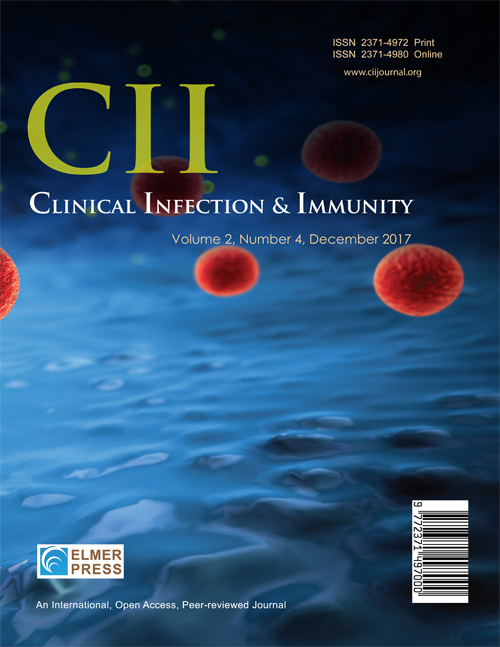Are Intrapartum Antibiotics Warranted for Isolated Thick-Meconium-Stained Amniotic Fluid? A Report of a Near-Miss Case
DOI:
https://doi.org/10.14740/cii508Keywords:
Intraamniotic infection, Peripartum maternal infectious morbidities, Thick meconium-stained amniotic fluidAbstract
Meconium-stained amniotic fluid (MSAF) affects 5-20% of women in labor. Whether it is indicative of fetal distress or not remains unresolved. Nonetheless, there is a growing body of evidence implicating thick-MSAF in particular, in adverse perinatal and maternal outcomes. Thick-MSAF is a well-recognized risk factor for the development of intraamniotic infection (IAI), yet it is not, by itself, an indication to initiate antibiotics unless other robust conventional features suggestive of IAI are present. Nevertheless, the strong association between thick-MSAF and peripartum maternal infections has inspired researchers to explore the role of some intrapartum prophylactic antibiotics, without totally resolving this issue. Herein, we describe the clinical course of a woman with thick-MSAF. Her postpartum period was complicated by early development of watery diarrhea, endomyometritis, severe septicemia, and a protracted intensive care unit (ICU) stay. The precipitous occurrence of watery diarrhea and severe septicemia in the absence of positive pancultures as a consequence of thick-MSAF has not been previously reported. We believe that isolated thick-MSAF should be considered a robust clinical marker of IAI, independent of the presence of other signs and symptoms suggestive of IAI. Until future studies determine the effectiveness and identify the optimal antibiotic, we recommend administering antibiotics currently employed in the intrapartum treatment of IAI.

Published
Issue
Section
License
Copyright (c) 2025 The authors

This work is licensed under a Creative Commons Attribution-NonCommercial 4.0 International License.






